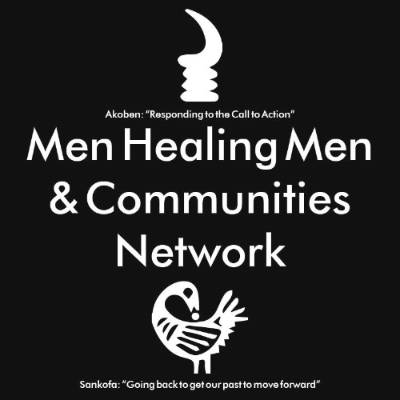CAYD
Current Projects
The MUSICC Project
The goal of the Mobile University Services for Integrated Community Care (MUSICC) project is to serve youth, parents, caregivers, and professionals with training to recognize the signs and symptoms of mental disorders, severe mental illness (SMI), leveraging skills and expertise from a diverse team utilizing innovative approaches. This project will have a particular focus on families of color, families with children aged 5-25, as well as families who may often experience barriers to mental health services, such as stigma, racism, and lack of access.
The MUSICC program will utilize technology-based supports, novel community connections, and direct instruction on evidence-based topics to reach a targeted goal of 2,590 unique participants, including youth, parents, school personnel, community partners, and medical workers.
The MUSICC team will go into local communities to provide evidence-based training on essential behavioral and mental health topics and support linkage to services with school and community-based mental health agencies to promote healing. For training opportunities, contact ejbarnes@memphis.edu, and a CAYD consultant will follow up with you.
Men Healing Men and Communities Network
"A community-based, wellness informed, culturally appropriate response to trauma."
 The Men Healing Men and Communities Network is committed to healing and empowering
our youth, families, and communities. It is designed to build and empower healthy
communities, prevent violence, and reduce and ultimately eliminate trauma.
The Men Healing Men and Communities Network is committed to healing and empowering
our youth, families, and communities. It is designed to build and empower healthy
communities, prevent violence, and reduce and ultimately eliminate trauma.
The Men Healing Men and Communities Network seeks to increase African American males' access to trauma-informed resources, knowledge, and skills. The focus includes increasing awareness of the following:
- Financial and mentoring resources to help African American males learn to address trauma at the individual, youth, family, and community levels.
- Self-care support for practitioners to address compassion fatigue (burnout and secondary trauma).
- Culturally centered strength-based training and support for professionals and community stakeholders.
- Knowledge, skills, and tools to measure the impact of trauma-informed interventions.
The Men Healing Men and Communities Network helps build the capacity of organizations, agencies, and institutions to utilize culturally centered and strength-based approaches to recovery from and growth after traumatic experiences.
South City Digital Inclusion Project
Principal Investigator Dr. Gregory Washington (Social Work) is partnering with Start Co., Knowledge Quest, Code Crew, and Urban Strategies to enhance family access to digital resources.
This project aims to bridge the digital divide – a problem that the impact of the COVID-19 pandemic has exacerbated. SCDIP focus includes:
1. provision of broadband internet to selected households
2. provision of "digital literacy" training to selected households
3. Provide advanced "digital education" training to selected youth participants
The geographic focus area is South City and its surroundings (the 38126 zip code). The scope includes providing broadband internet service to identified households for two years. The target is to provide service to 500 families for this period. A social envelope approach ensures that households that receive broadband service can use the technology to its fullest capacity. This is accomplished by linking the digital inclusion effort to existing case management work and employing primarily staff as "Digital Mentors."
South City Digital Inclusion Project Flyer
